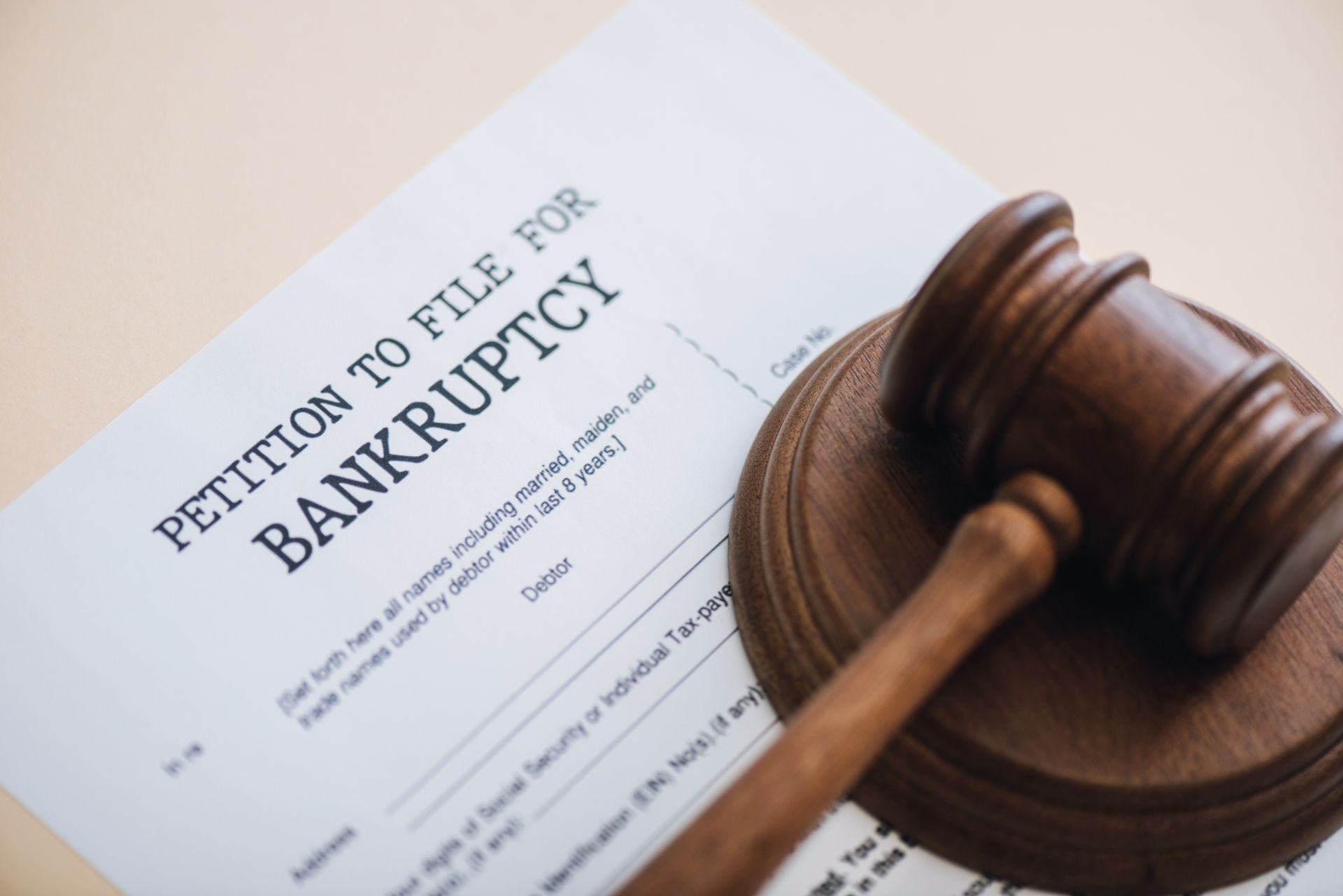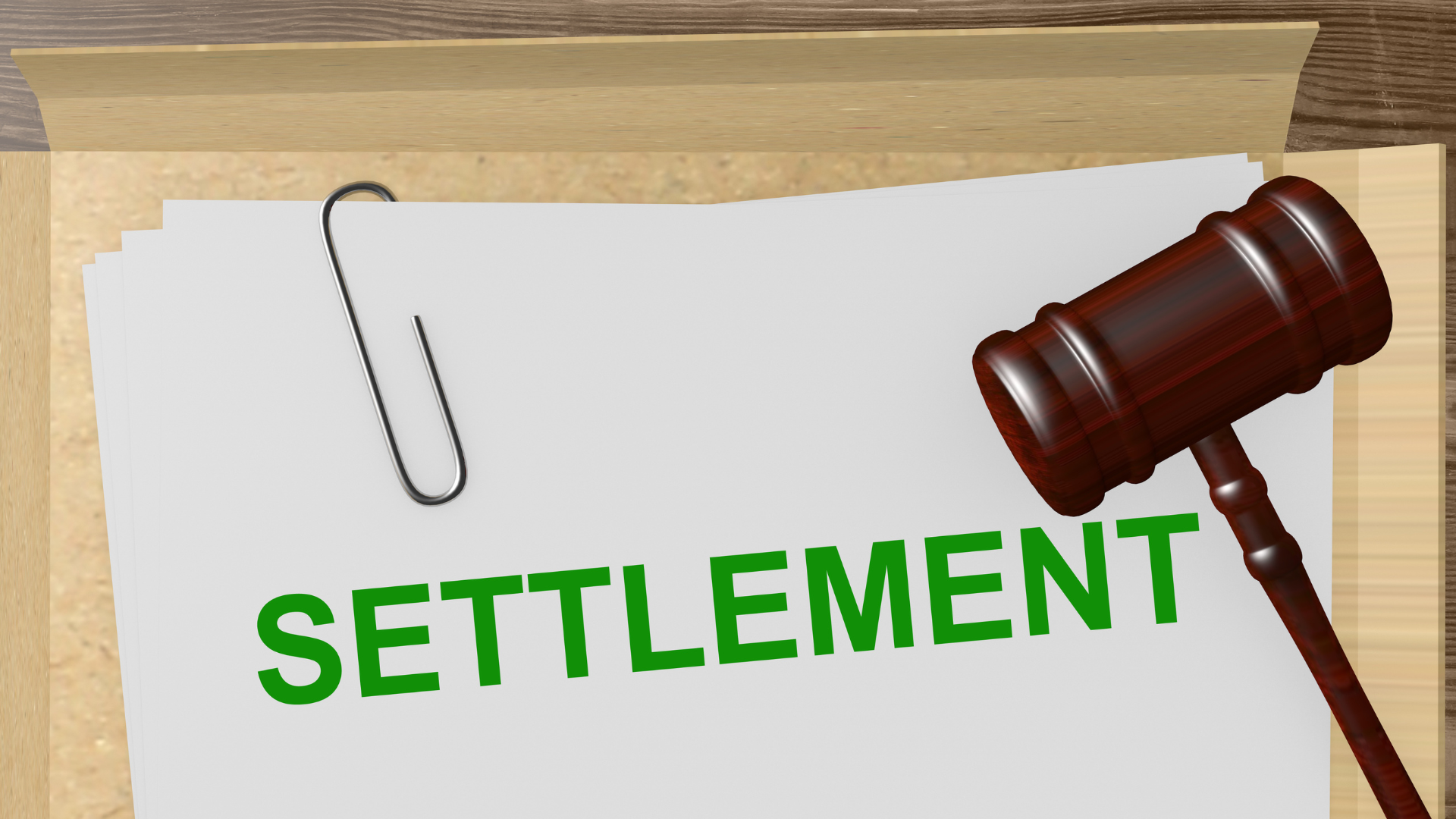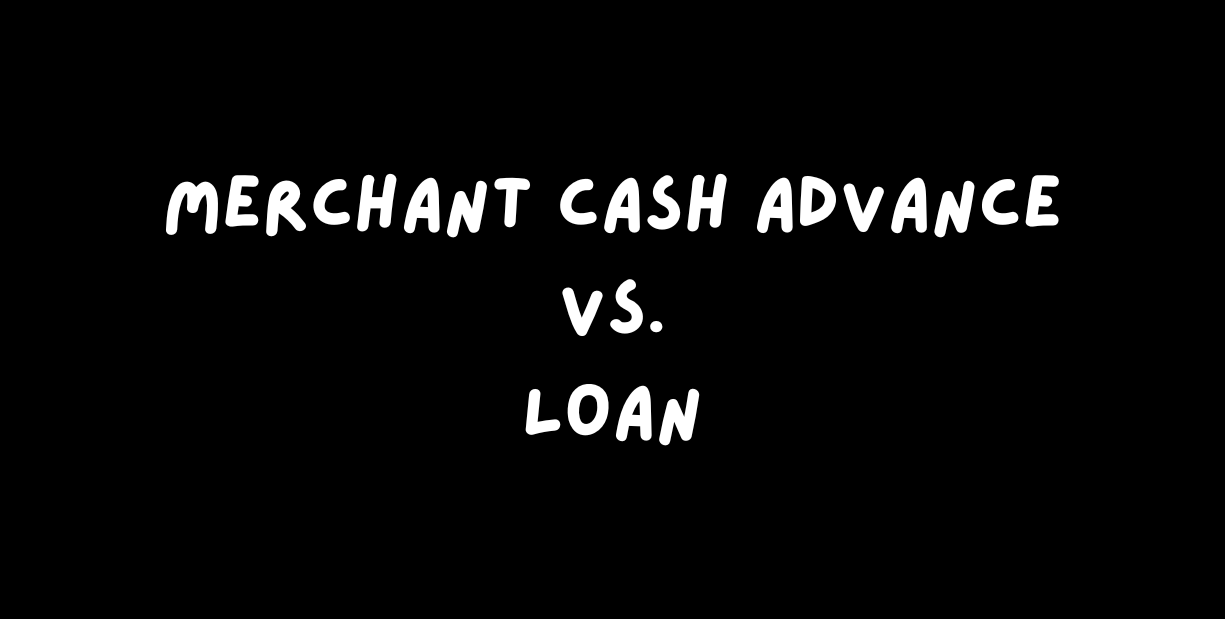How Long Does Chapter 7 Bankruptcy Last?
How Long Does Chapter 7 Bankruptcy Last?

What Is Chapter 7 Bankruptcy?
Chapter 7 is often referred to as “liquidation” bankruptcy. Under this chapter:
- Non-exempt assets may be sold by a court-appointed trustee to pay creditors.
- Most unsecured debts—like credit cards, medical bills, and personal loans—can be discharged, relieving you of the legal obligation to repay them.
- Chapter 7 is ideal for individuals with primarily unsecured debts and limited disposable income.
By wiping out qualifying debts, Chapter 7 can fast-track your path to financial recovery—provided you understand its timeline and requirements.
Overview: From Filing to Discharge
While every case has its own nuances, a typical Chapter 7 bankruptcy follows these phases:- Pre-Filing Preparations (1–2 weeks)
- Credit counseling course (mandatory within 180 days before filing).
- Gathering financial documents: pay stubs, tax returns, list of creditors, asset valuations.
- Filing Bankruptcy Petition, Schedules, and Statement of Financial Affairs with the court.
- Automatic stay goes into effect immediately—creditors must halt collection actions.
- Also called the “Meeting of Creditors”—you’ll answer questions under oath about your finances.
- Trustee reviews schedules, asset exemptions, and potential non-exempt property.
- If you have non-exempt assets, the trustee will sell them and distribute proceeds to creditors.
- In many consumer cases, debtors qualify for an “exemption” that protects all assets; thus, no liquidation occurs.
- Must complete a financial management course; certificates filed with the court.
- The court issues a discharge of eligible debts.
- Debtor is legally released from liability for discharged debts.
- Court enters a final decree, formally closing the case.
Detailed Timeline: What to Expect
Factors That Can Extend Your Chapter 7 Case
While most Chapter 7 cases wrap up in under six months, certain issues may prolong the process:
- Complex asset questions: Disputes over exemptions or asset valuations can lead to additional hearings.
- Creditor challenges: Creditors may object to dischargeability of a particular debt (e.g., student loans, tax debts), triggering adversary proceedings.
- Incomplete filings: Omissions or errors in your schedules can result in “deficiency notices” and delays while you amend paperwor
- Trustee investigations: If the trustee suspects fraud or undisclosed assets, they may subpoena additional records.
Working with an experienced bankruptcy attorney can help anticipate and mitigate potential delays.
After Discharge: How Long Does Chapter 7 Stay on Your Credit Report?
Even after you receive your discharge, Chapter 7 remains visible to creditors and lenders:- Credit report impact: Chapter 7 stays on your credit report for 10 years from the filing date.
- Rebuilding credit: While the bankruptcy notation remains, you can begin rebuilding immediately by:
- Obtaining a secured credit card.
- Making on-time payments for utilities, rent, and any reaffirmed debts.
- Monitoring your credit report to ensure discharged balances are reported correctly.
Over time, a consistent history of responsible credit use will dilute the impact of the bankruptcy entry.
Reopening and Refiling: What You Need to Know
If discharged debts were not listed or you discover assets you failed to exempt, you can reopen your case within one year of discharge. Refiling another Chapter 7 bankruptcy typically requires an 8-year waiting period from the date of your prior Chapter 7 filing.Conclusion
For most filers, Chapter 7 bankruptcy offers a relatively swift resolution—about four to six months from start to finish—culminating in a fresh financial slate. While the bankruptcy itself takes only a few months to conclude, its effects linger: the entry remains on your credit report for a decade. By understanding each phase of the process and partnering with knowledgeable counsel, you can navigate Chapter 7 with confidence, minimize delays, and embark on rebuilding your credit and financial well-being.











